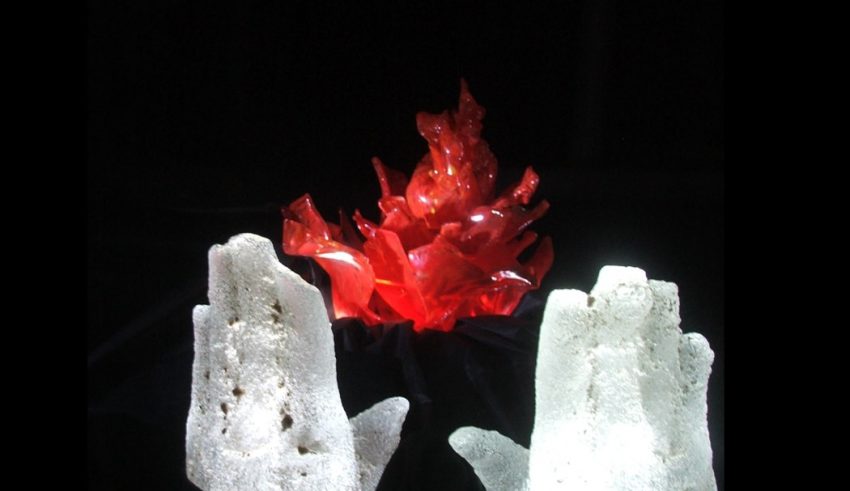
Leader As Rogue
Even this level of analysis is insufficient with regard to the challenges of contemporary leadership. Appreciative models of leadership require that we not only fully understand the complex dynamics that operate in moving leaders toward both competence and incompetence, but also the complex dynamics that operate when a leader is faced with an exceptional challenge. We are likely to find rogue events that profoundly effect, and determine the ultimate success of a leader, group or organization, in the case of most appreciative leadership, and, for that matter, in the case of virtually all behavior in a group or organization that is significant. These events create the occasion for special forms of leadership to emerge. The leader herself contributes to the rogue event.
Rogue events and rogue leaders are special. They can’t be predicted. We can only predict that rogue events will occur. Rogue leaders will emerge in response to these events. When they do occur, rogue events and the leaders of these events, often have a substantial impact on the life and dynamics of the group or organization. The noted biologist and social anthropologist, Gregory Bateson, describes a rouge event when he writes about the problem of predicting the point where bubbles first arise in a pot of water that is being heated to the boiling point.vii The bubbles will first rise and the boiling will begin at a place in the body of water where there is a flaw or foreign element; thus, the value of shaking a little salt in a pot of water to get it to boil sooner. We usually can’t predict where the first bubble will be located. We can only predict that as we raise the temperature of the water to 212 degrees the boiling will begin somewhere in the pot of water.
Similarly, we usually can’t predict where honesty, service to others, or sacrifice will first be manifest by individuals, nor can we predict where visionary and courageous leadership will emerge in a group. We can only hope that a David will emerge to slay Golliath. Actually, we can do a little bit more than hope. We can create conditions though education, group development, and the formulation of encouraging policies and procedures that maximize the possibility that someone will enter this role. We can also help the group collude with a newly emerging leader to make her successful and nourished in this role, rather than colluding with her to fulfill fears and underlying hopes regarding the emerging leader’s jerkness.








